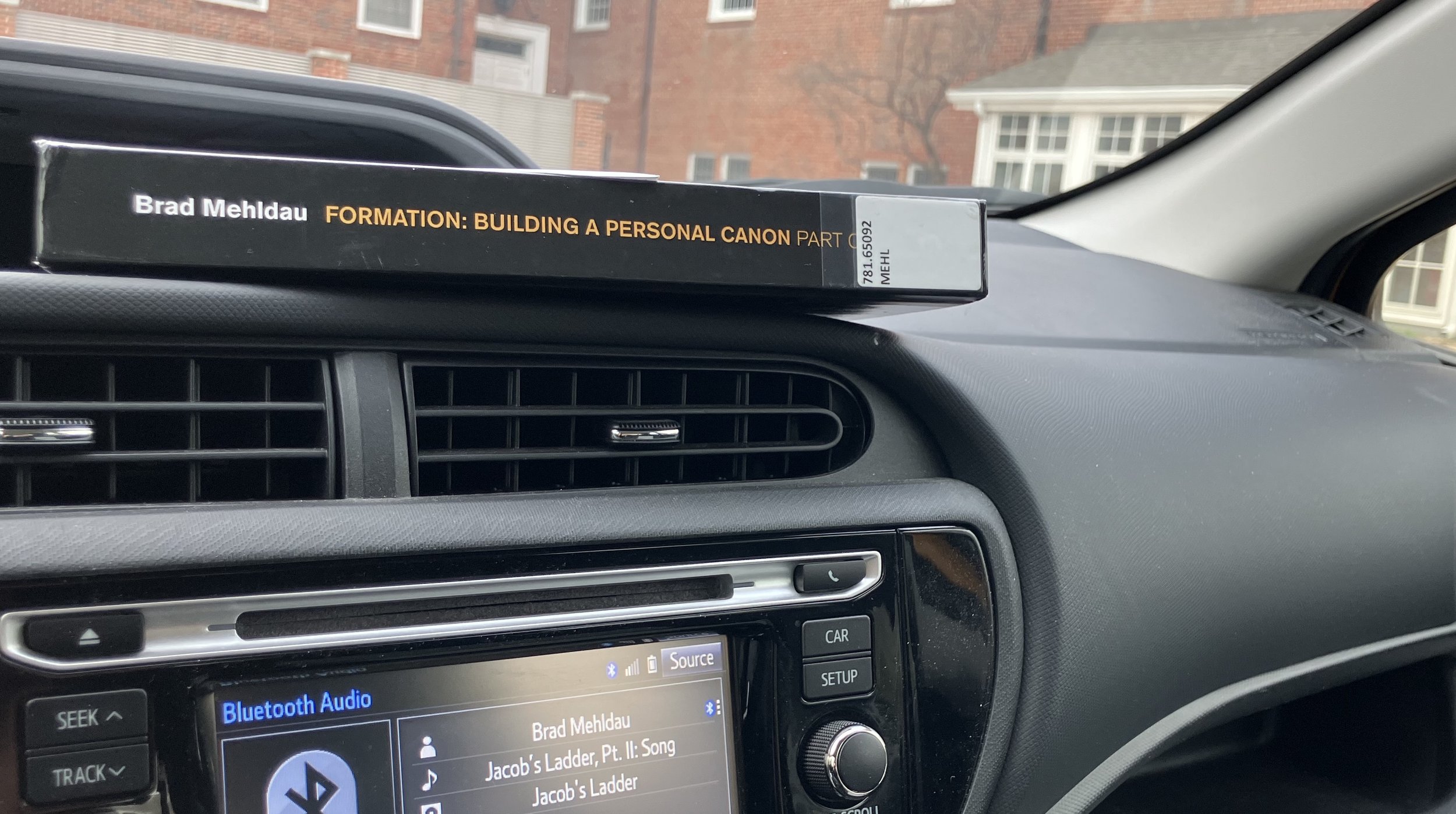Original image by There Stands the Glass.
My indifference to the personal lives of musicians shields me from the reprehensible behavior of otherwise brilliant artists. In the cloistered realm of jazz, I’m entirely content to remain oblivious to scandalous scuttlebutt. Even though Brad Mehldau is clearly among the most important musicians of our time, I never wondered about his religious and sexual orientations or his political and ethnic affiliations.
I neither expected nor wanted private confessions in the distressingly explicit 2023 memoir Formation: Building a Personal Canon, Part 1. Yet since he was compelled to reveal all, it’s only right that I divulge that several of the incidents Mehldau describes are uncannily similar to traumatic experiences that scarred my formative years.
I’m a few years older than the pianist and my background is less affluent and refined. Even so, I grasped Mehldau’s generational reference points and I share similar degrees of contrition for past misdeeds. While I never succumbed to drug addiction, I too acted as a passive witness to the gradual annihilation of self-destructive friends.
What about music? It’s here too, in an entirely relatable form. Like me, Mehldau was raised on pop music before gradually surrendering to an infatuation with jazz. He attended concerts by the Ramones and the Grateful Dead. With much deliberation he planted his flag in the latter camp of the punk versus prog divide. He’s down with Pat Metheny and Rush.
Mehldau cites intellectual and literary luminaries like Harold Bloom, James Joyce and Thomas Mann as consequential guides in the development of his bildung. Here’s an absurd reduction of the culmination of Formation: Mehldau finally hits upon a conceptual means by which to create meaningful art beyond the usual corny homages to the music of the past.



